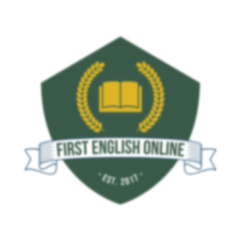Whether it’s the middle of the year, or the end of the school year, students everywhere have to take exams to see if the content they were given is fully internalized in their learning process.
If they pass.. does this mean they actually learned? Or did they just memorize structures and basic content in order to provide answers to a question?

Many families want their children to pass, we as teachers also need them to pass (half as an ego thing, half to ensure their learning is developing), and students, feeling the pressure of parents and teachers, also want to pass. Now…when does learning come into play?
The relationship between passing and actually learning is becoming more and more distant, it’s creating a problem where all the students have to do is meet a deadline. It shapes them into robot like creatures that are losing touch with themselves. We must foster their learning by creating a supportive and healthy environment in the classroom, where the students feel like their learning both consciously and unconsciously. Learning is the process of internalizing the content given by another person. It helps our minds create new opportunities and opens doors for higher learning and personal development.

How can we help our students both learn AND pass? We must first prioritize the learning process and understand that each individual student learns at their own pace, and has specific learning needs before we can try to give them a standarized test to show they «know» the content well enought to pass to the next year.
Ultimately, an approach to education focusing on both the learning process and the assessment outcomes, will empower students to reach their full potential. By fostering a supportive and engaging learning environment, we can ensure that our students not only pass exams but also develop a lifelong love of learning.
Tips for Effective Teaching and Learning:
- Personalized Learning: Tailor your instruction to meet the individual needs of each student.
- Active Learning: Encourage students to actively participate in the learning process through discussions, projects, and hands-on activities.
- Formative Assessment: Use ongoing assessment to monitor student progress and provide timely feedback.
- Growth Mindset: Cultivate a growth mindset in your students, emphasizing that learning is a journey and mistakes are opportunities for growth.
- Positive Reinforcement: Celebrate student successes and provide encouragement to motivate them.
By implementing these strategies, we can create a more equitable and effective learning environment for all students.

